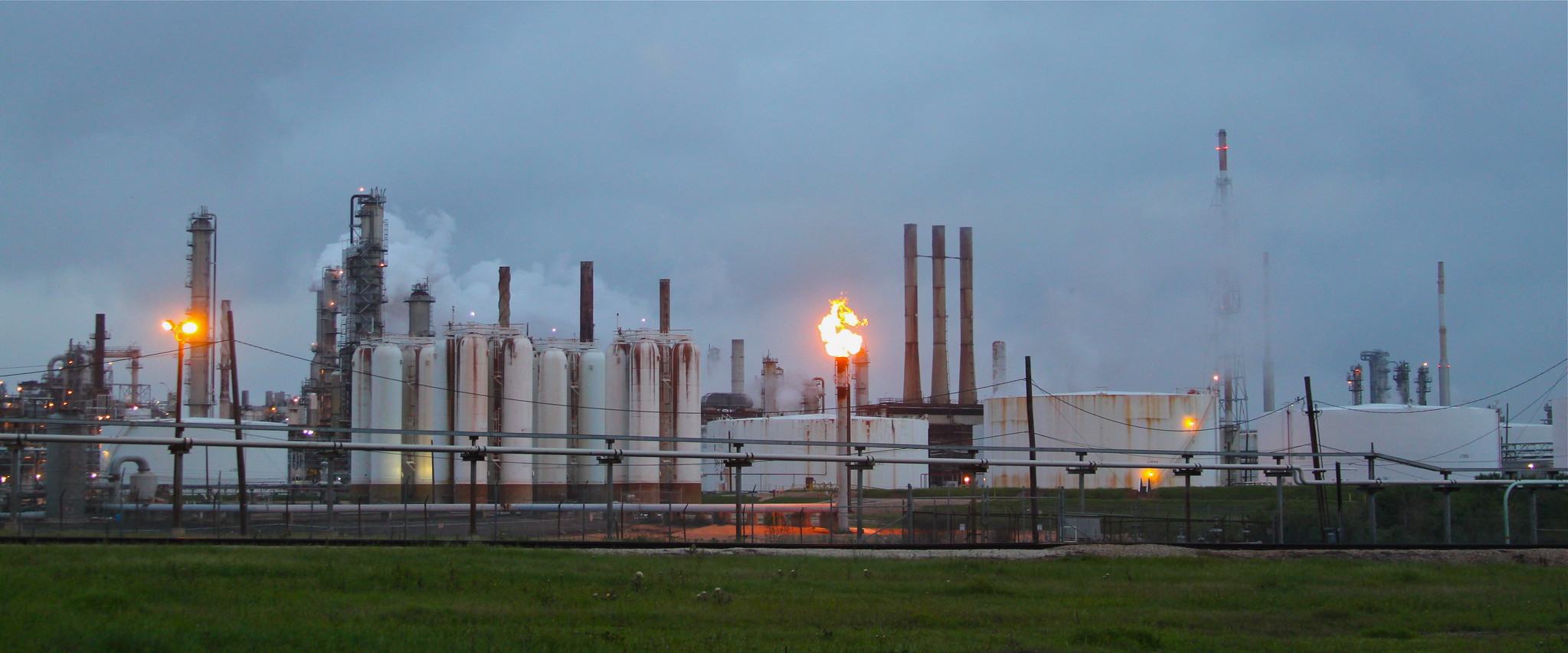Two years ago, the Environmental Protection Agency, or EPA, began requiring oil companies to install benzene monitors around the perimeter of refineries. Benzene is a known carcinogen, and if the monitor measures a certain amount in the air, the refinery is required to notify the EPA and fix the problem.
But a new study by the nonpartisan nonprofit Environmental Integrity Project says 10 facilities in the United States had dangerous levels of benzene, and six of them are in Texas.
Eric Schaeffer is executive director of the organization, and says benzene is a common byproduct of oil refining, and is hard to control once it’s released into the air. It’s linked to many health problems, including leukemia, and it also can impair the immune system, especially of children. But it’s not always clear who’s at risk.
“People aren’t normally waking up on a Tuesday and saying, ‘I wonder how much benzene there is in the air today,’ and going online,” Schaeffer says. “The information should be broadcast and made more publicly available, and that’s one reason we did this report.”
What you’ll hear in this segment:
– What regulators require of refineries when they detect high benzene levels
– Why those living near refineries may not be aware of a benzene problem
– How the reporting system could improve to better track benzene pollution
Written by Caroline Covington.
















